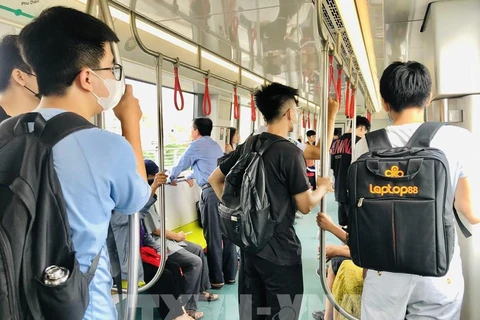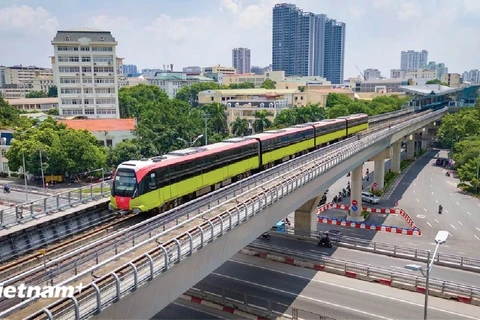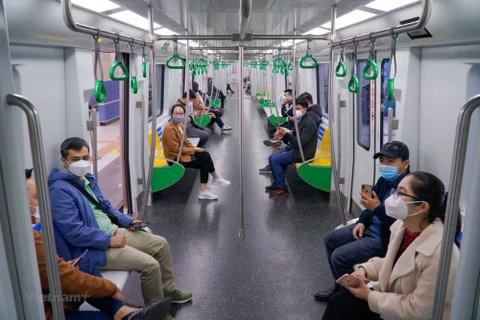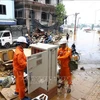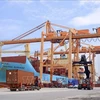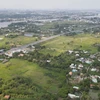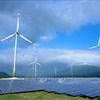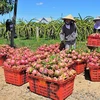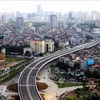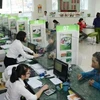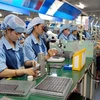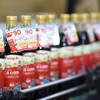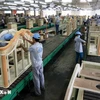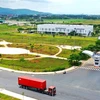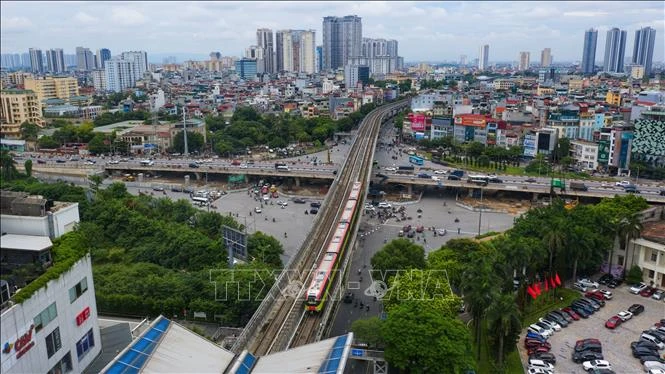
Hanoi (VNA) – The commencement of commercial operations on the elevated section of the Nhon – Hanoi Station metro line last month is a symbol of the Vietnam-France cooperation in sustainable urban transport, French Ambassador Olivier Brochet said at a press conference held in Hanoi on September 11.
He highlighted that the inauguration of the section demonstrates the capacity of the Vietnamese and French workers in carrying out such an ambitious railway project, while showing France’s commitment to accompanying Vietnam in the transition towards a carbon-free economy through providing the latter with the world’s top-quality technical solutions.
At the event, deputy head of the Hanoi Metropolitan Railway Management Board Nguyen Ba Son thanked the French Government for its funding and enthusiastic support during the construction of the metro line, and French contractors and consultants for their contributions to ensuring the project’s progress and quality.
The eight-km elevated section, running from Nhon to Cau Giay, helps ease congestion for the capital city. The underground part, stretching from Kim Ma street to the front of Hanoi Railway Station with four underground stations and one underground ramp, will be operated in the end of 2027.
The Nhon – Hanoi Station metro line has been developed with the concessional loans of 514 million EUR (567.6 million USD) from France. It also received financial support from the Asian Development Bank and European Investment Bank.
The project has been carried out with technologies and expertise from leading French corporations in the field, including Alstom, Thales, Colas Rail, and RATP Smart Systems.
The line will be expanded with additional eight-kilometre underground part running from Tran Hung Dao street to Hoang Mai district.
Between 2024 and 2030, Hanoi plans to construct 96.8km of metro lines, with an investment of 14.6 billion USD. The following five years will see an additional 301km built, at an estimated cost of 22.5 billion USD.
The city has already chalked up significant milestones, with the Cat Linh – Ha Dong metro line and the elevated section of the Nhon – Hanoi Station metro line now operational and warmly welcomed by the public.
The total funding required for Hanoi's metro system by 2035 is estimated at 37.1 billion USD, with the city expecting to secure over 28 billion USD over the next decade. By 2035, Hanoi will need nearly 9 billion USD in support from the State budget./.
